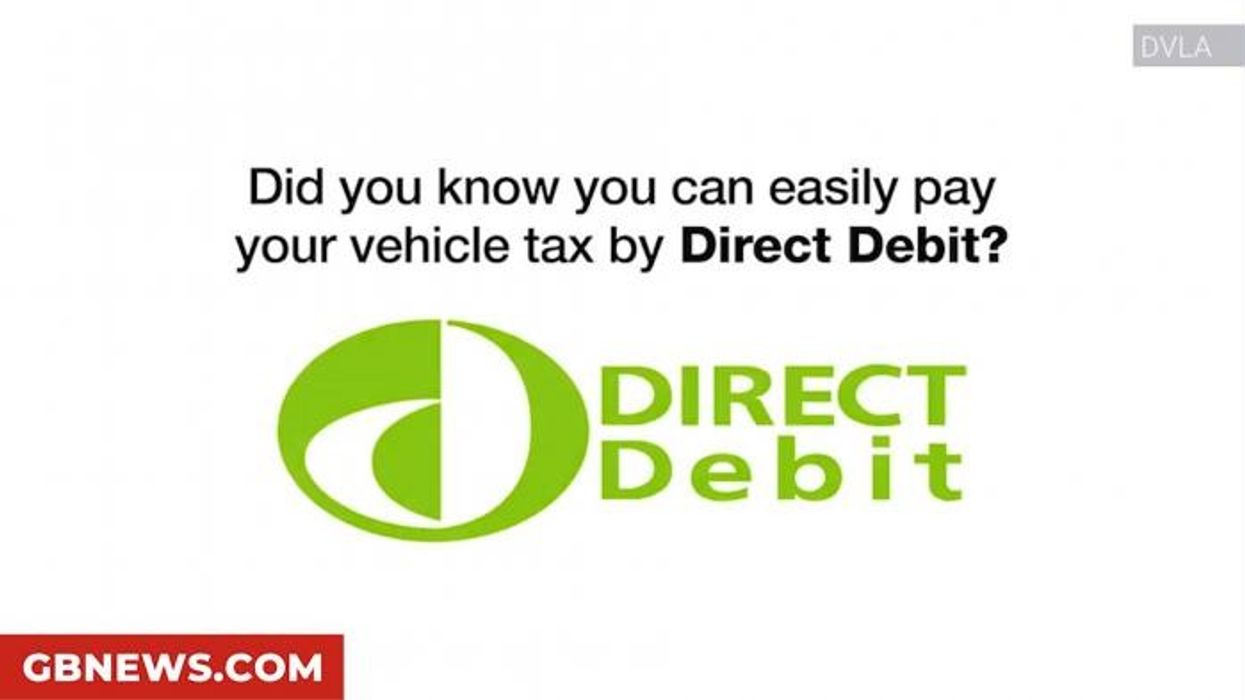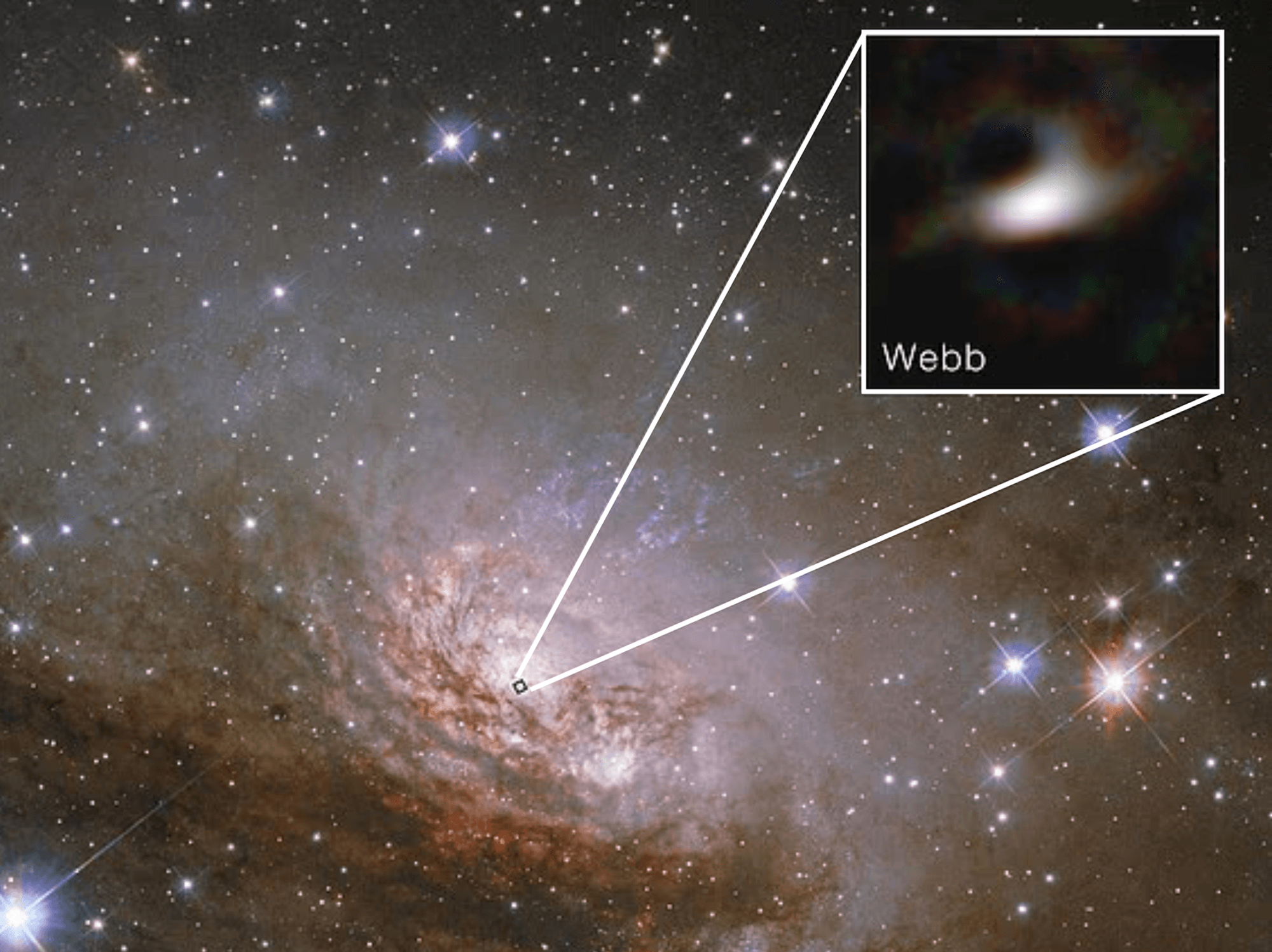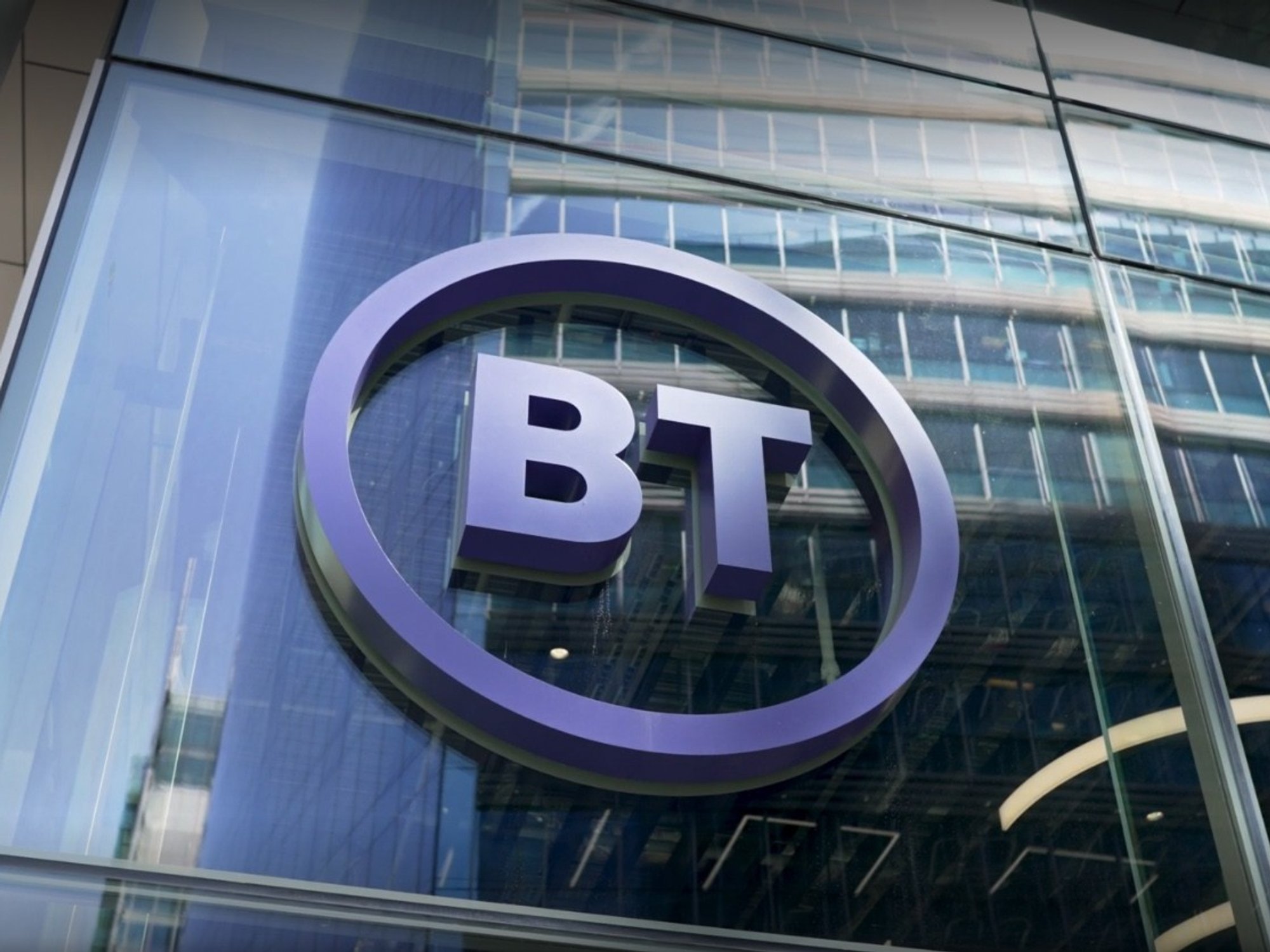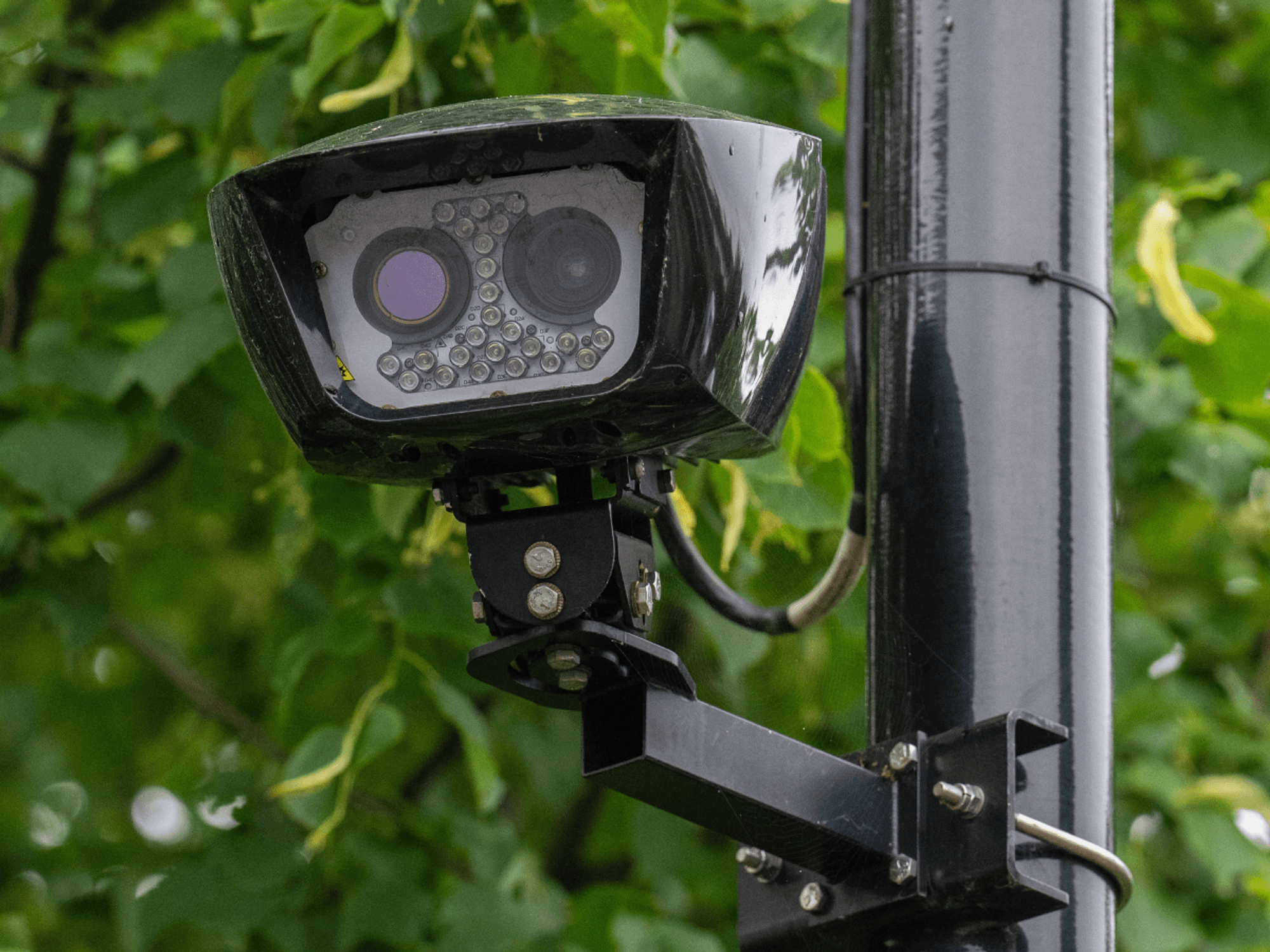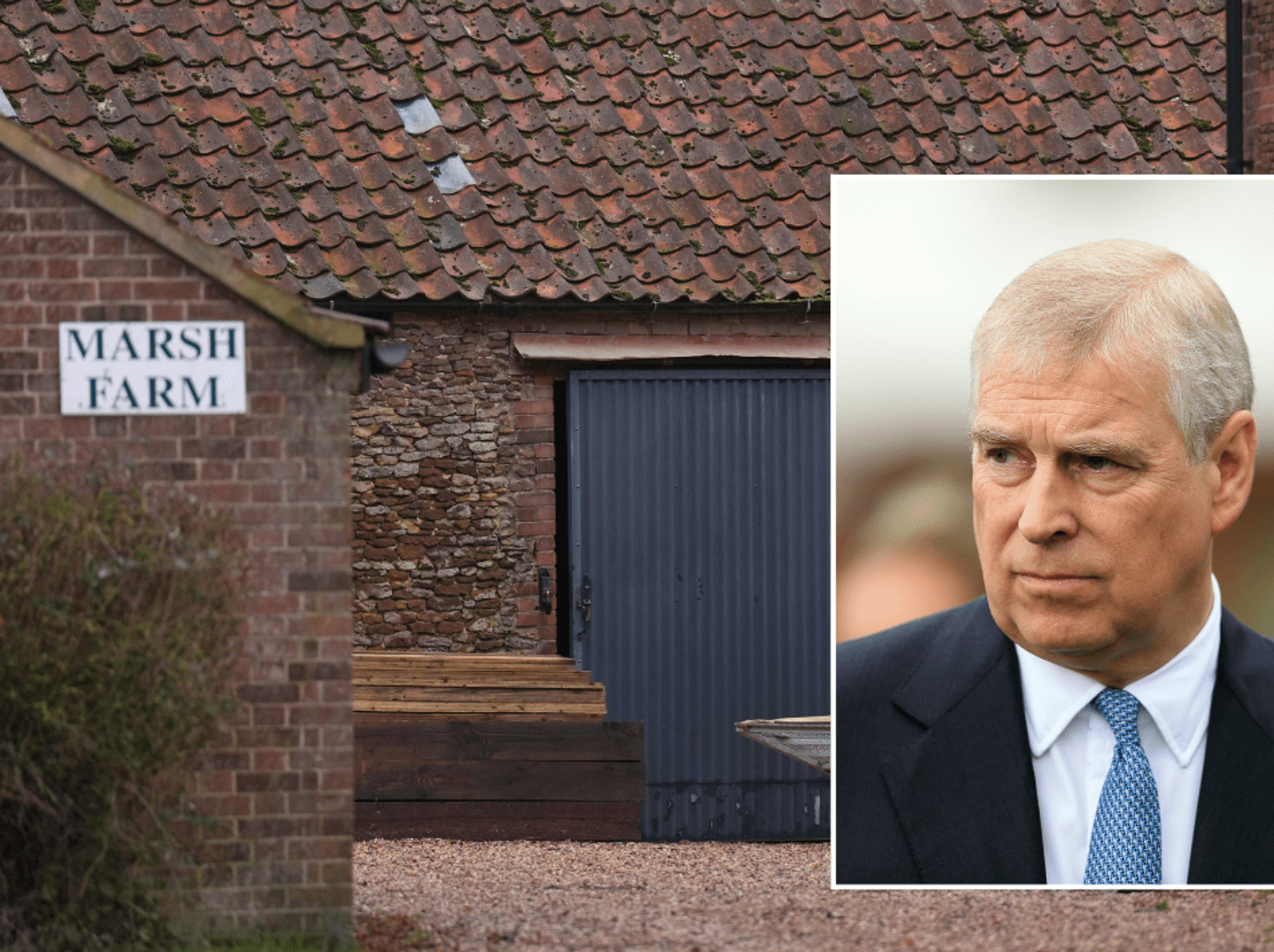DVLA and DVSA issue urgent warning to motorists about scam messages stealing financial details

The Department for Transport has warned drivers about a rise in fraudulent text messages
Don't Miss
Most Read
Drivers have been warned of a rising number of scams across the UK, which could leave motorists out of pocket due to fraudulent practices.
It comes after the Department for Transport issued a warning to drivers about fake text messages being sent claiming to be from the authority.
The DfT has now urged drivers to report any text messages asking drivers to pay fines for traffic tickets or parking fines.
Drivers have been told to report any fake texts to the National Cyber Security Centre, which can then help prevent future messages being sent out.
Do you have a story you'd like to share? Get in touch by emailing motoring@gbnews.uk
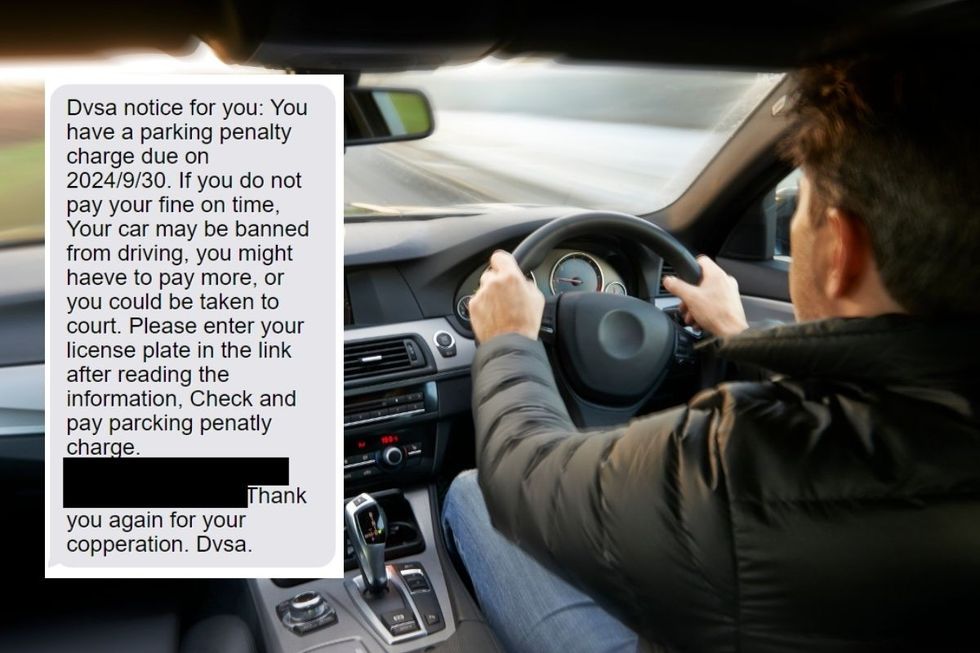
The Department for Transport has called on drivers to be aware of the scam texts
| DVSA/GETTYThe DfT shared: "The Department for Transport is aware of text messages claiming to be from the department asking people to pay fines for outstanding traffic tickets. This is a scam and was not sent by the department. Do not click on the link or share personal and financial details."
This is not the first time a warning has been issued to drivers over scam attempts. Both the DVSA and DVLA have highlighted similar issues with drivers receiving fake MOT notices and car tax payment emails.
Data shows that 20,000 motorists were impacted by scams which involved car tax payments, insurance deals and fake parking tickets last year.
Earlier this year, the DVLA shared: "With fraudsters increasingly using more sophisticated ways to trick their victims, it has never been more important for motorists to be vigilant and aware of how to recognise fraudulent emails, texts, websites and calls."

Both the DVLA and DVSA have advised drivers that they do not send penalties via text
|GETTY
The agency added that it will never ask for bank account details or to confirm payment details through text messages and will only ask drivers to confirm personal details by email or text if they have a live enquiry.
The agency explained that any vehicle tax refunds are issued automatically, "never via an email with a link". If a driver receives one of these emails or texts, they should report it to the "National Cyber Security Centre and delete it immediately".
To help drivers avoid falling victim to scams, the DVLA urged road users to only access official information from GOV.UK rather than from third-party sites.
The agency warned that using any other website could mean drivers are charged more for services that are either cheaper or completely free on the Government website.
LATEST DEVELOPMENTS:
Drivers should also never share their driving licence or vehicle information online, as this can attract scammers. "Getting your driving licence is a big milestone, and you may be tempted to share your new shiny licence or V5C (log book) on social media," the agency stated.
Meanwhile, the DVSA warned drivers about fake text messages claiming to be from the agency about parking penalty charges.
The text messages stated that people had been issued a penalty charge and that if they do not pay on time, they might be banned from driving, have to pay more or be taken to court.
The scam text read: "The text message reads ‘Dvsa notice for you: You have a parking penalty charge due on 2024/9/30. If you do not pay your fine on time, Your car may be banned from driving, you might haeve to pay more, or you could be taken to court."
 Drivers have been warned to not respond to DVLA fake emails which can lead to money being stolen | DVLA
Drivers have been warned to not respond to DVLA fake emails which can lead to money being stolen | DVLAThe text added: "Please enter your license plate in the link after reading the information, Check and pay parcking penatly charge. Thank you again for your copperation. Dvsa."
In another text, drivers are urged to pay their tickets within a certain timeframe, including a fake link.
The text read: "Today is the last day to pay your ticket due to your long term delinquency, if you do not pay your ticket on time you may be required to pay more in the future and we reserve the right to prosecute you. Please be patient and open the link below to process your ticket. Thank you again for your co-operation."
The DVSA shared that it does not deal with parking tickets, with any message claiming to be from them being fake and therefore needing to be reported.


